The integration of automatic pump control technology is transforming how water and fluid systems operate across residential, commercial, and industrial applications. This sophisticated approach to pump management utilizes sensors, controllers, and software algorithms to optimize performance without requiring constant human intervention. The implementation of automatic pump control represents a significant advancement over traditional manual operations, bringing enhanced efficiency, reliability, and conservation to numerous sectors that depend on fluid transport systems.
At the core of modern automatic pump control systems are pressure sensors and programmable logic controllers that continuously monitor system conditions. These components work in concert to maintain ideal pressure levels, activate pumps when demand increases, and shut them down when requirements are met. The sophistication of automatic pump control technology allows for precise management of multiple pumps in parallel configurations, ensuring balanced wear and seamless operation. This intelligent coordination extends equipment lifespan while maintaining consistent system performance under varying demand conditions.
The benefits of implementing automatic pump control are particularly evident in water supply applications. Municipal water systems utilize this technology to maintain constant pressure throughout distribution networks, responding dynamically to changes in consumption patterns. Buildings with multiple floors benefit from automatic pump control systems that ensure adequate water pressure reaches all levels regardless of usage fluctuations. The technology's ability to respond instantly to demand changes prevents pressure drops while avoiding unnecessary pump operation during low-usage periods.
Industrial applications of automatic pump control span numerous processes where precise fluid management is crucial. Manufacturing facilities employ these systems to manage coolant circulation, chemical dosing, and wastewater removal. The precision of modern automatic pump control allows for exact flow rate maintenance and accurate liquid level management in tanks and reservoirs. Processing industries rely on this technology to ensure consistent fluid handling that meets strict production specifications while small energy consumption and reducing operational costs.

Energy efficiency represents a major advantage of advanced automatic pump control systems. By optimizing pump operation to match actual demand rather than running continuously at fixed speeds, these systems significantly reduce electricity consumption. The capability of automatic pump control technology to modulate pump speed through variable frequency drives allows motors to operate at ideal efficiency levels across varying load conditions. This adaptive approach to pump management translates to substantial energy savings and reduced operational expenses over the system's lifetime.
Modern automatic pump control systems incorporate comprehensive monitoring and communication capabilities that provide valuable operational insights. These systems can track performance metrics, record operational hours, and monitor energy consumption patterns. The diagnostic functions within advanced automatic pump control units can detect irregular conditions such as pump cavitation, blockages, or seal failures, alerting maintenance personnel before minor issues escalate into major failures. Remote access features enable operators to adjust settings and monitor performance from centralized locations.
The future development of automatic pump control technology appears focused on enhanced integration with building management systems and industrial IoT platforms. Emerging systems incorporate more sophisticated algorithms that can predict demand patterns based on historical data and external factors such as weather conditions. The evolution of automatic pump control continues toward greater interoperability with other building systems, creating more comprehensive automated environments that optimize multiple interconnected systems simultaneously. These advancements promise even greater efficiency and reliability in fluid management applications across all sectors.
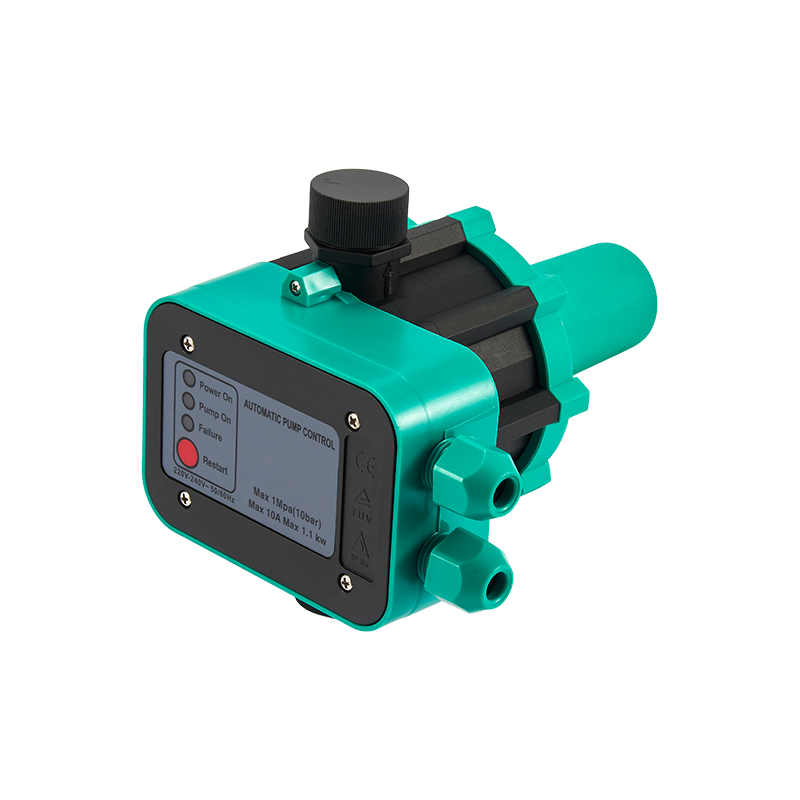
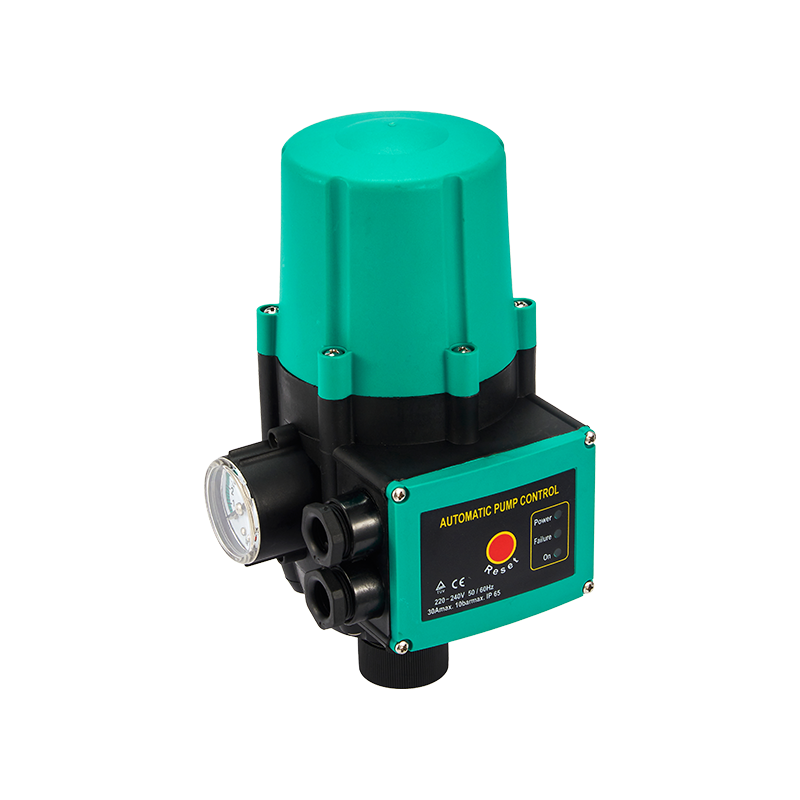
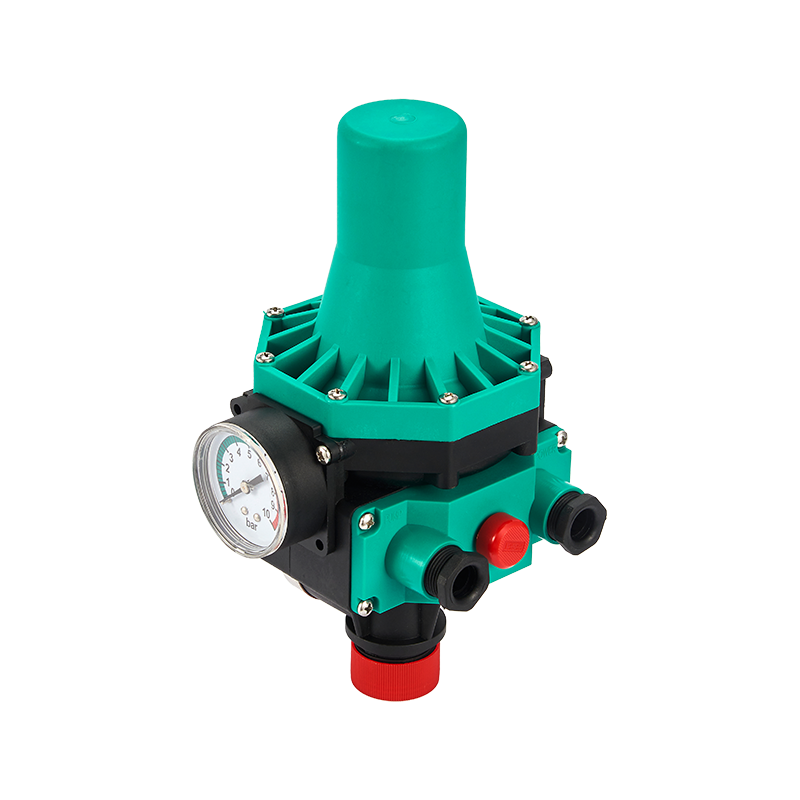
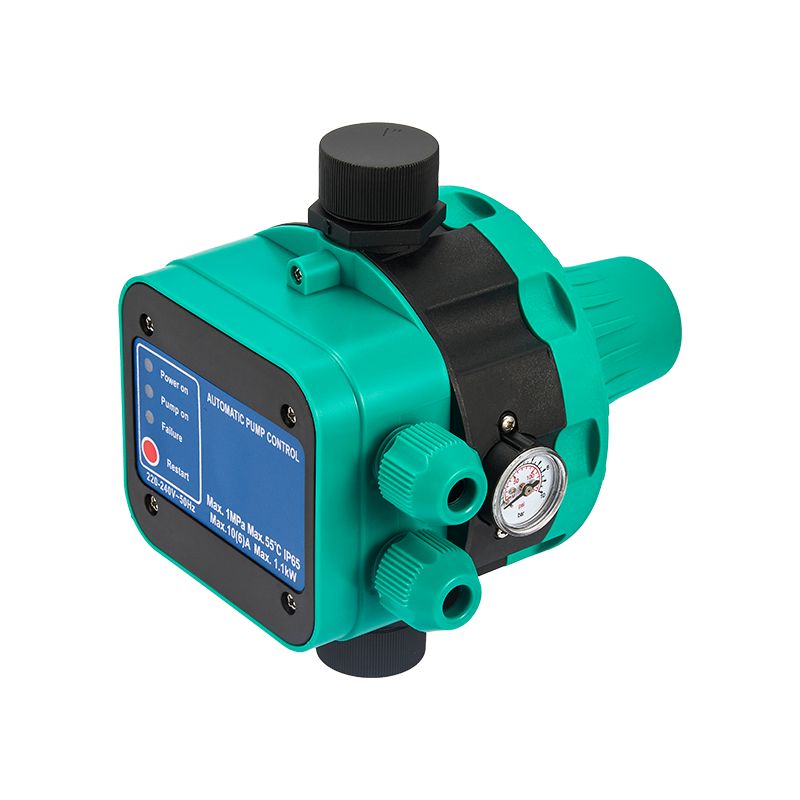
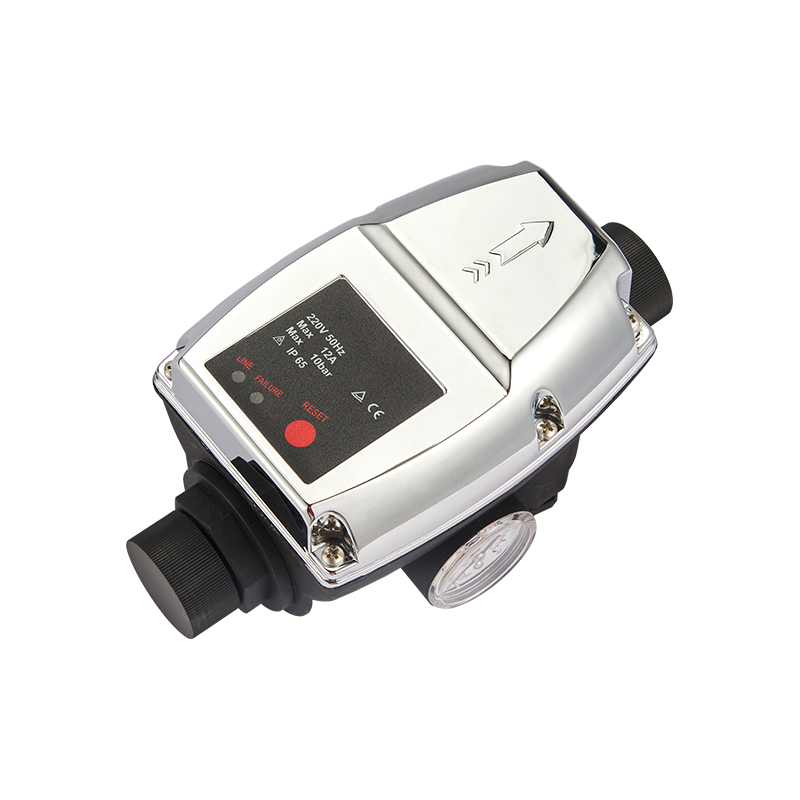
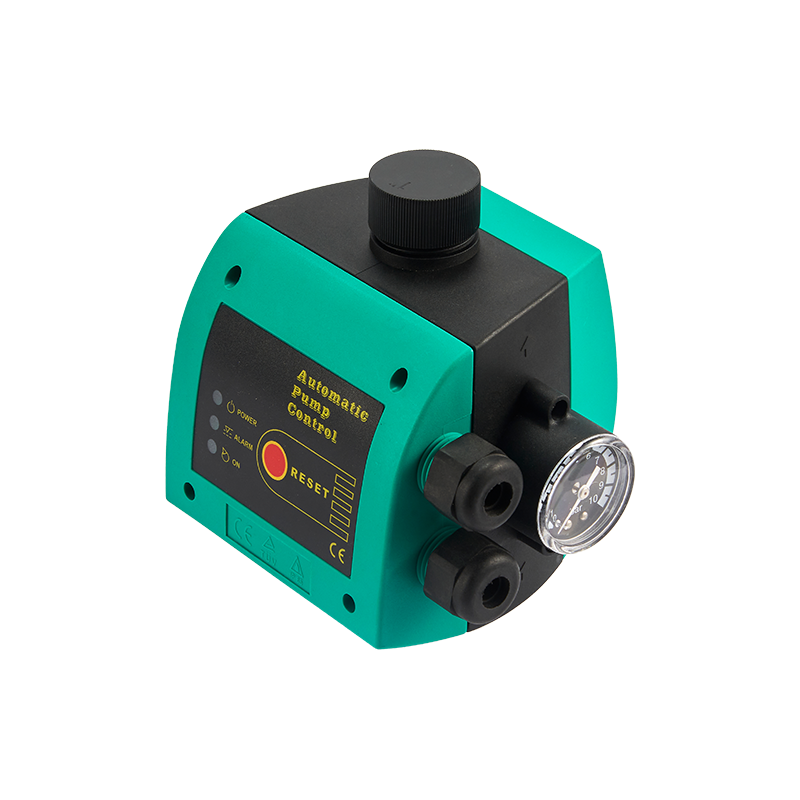
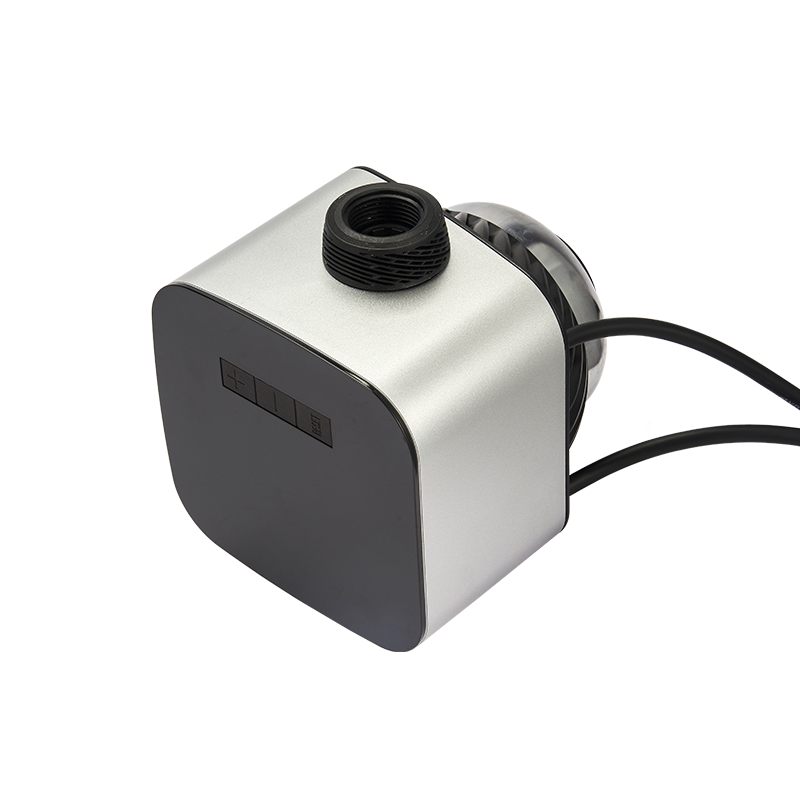
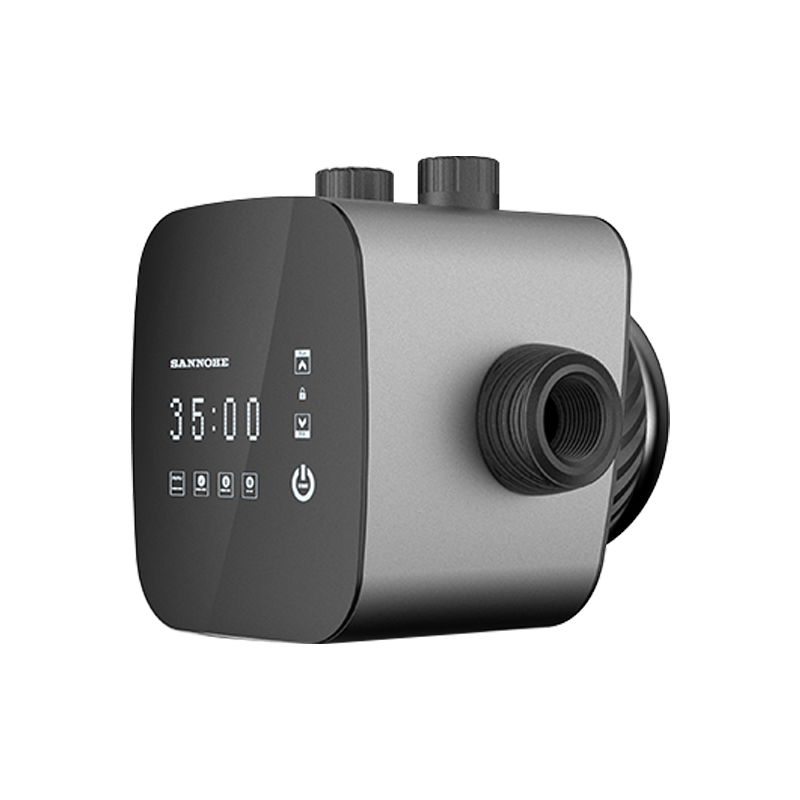
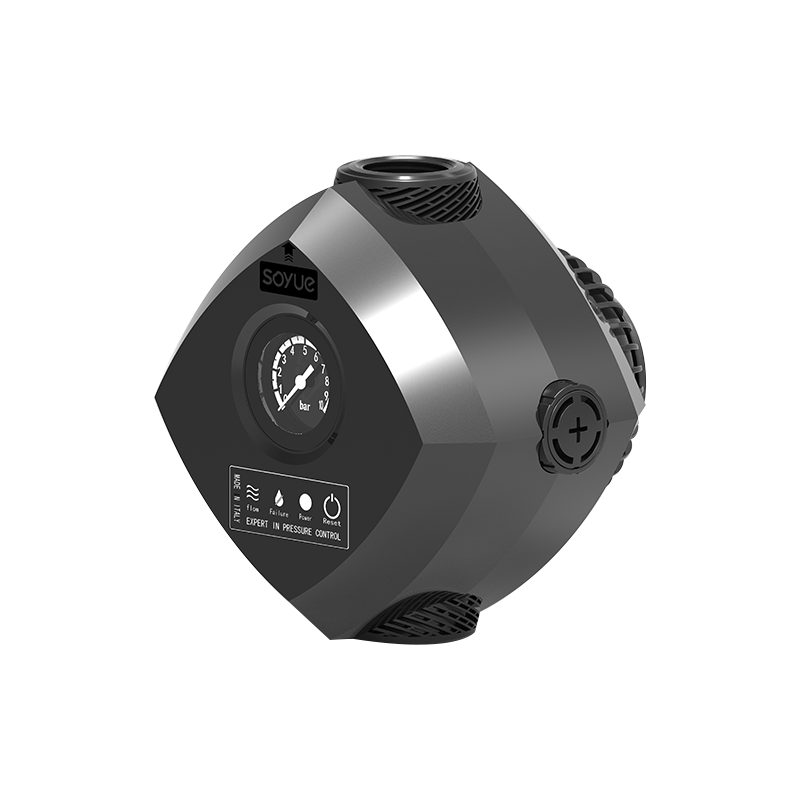
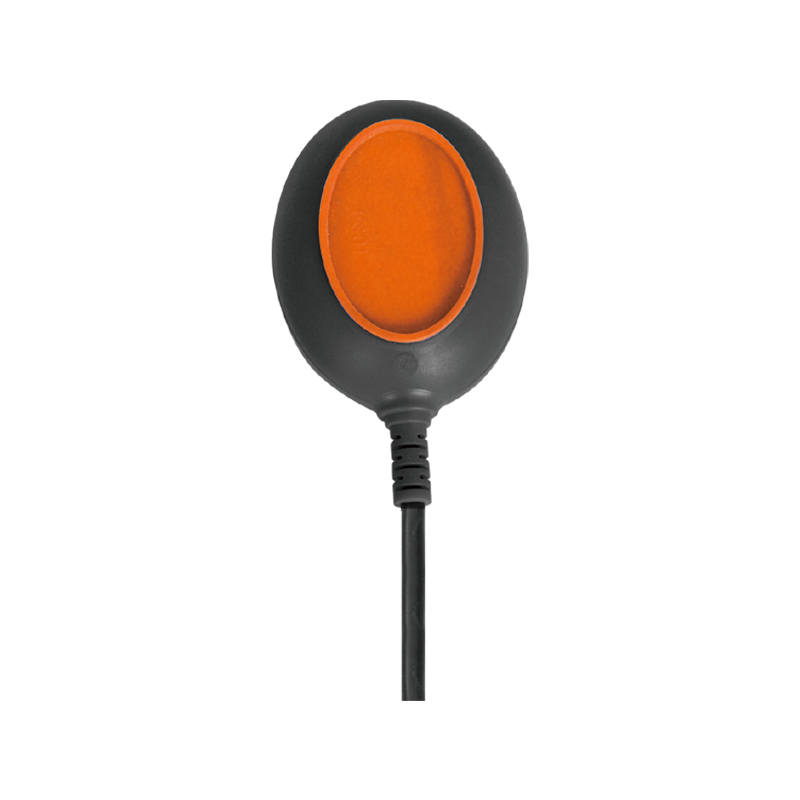
Across agricultural irrigation, municipal water supply, building services, and industrial processes, the reliable movement of water is a fundamental requirement. While the pump provides the mechanical force, its efficiency, protection, and responsiveness are governed by a critical electronic device:...
The integration and sophistication of automatic pump control systems are becoming increasingly central to operations across water management, industrial processing, and building services. Moving beyond basic on/off switches, modern automatic pump control represents a comprehensive approach to managi...
The reliable operation of residential, commercial, and agricultural water systems continues to depend significantly on a critical component: the water pump pressure control switch. This specialized device acts as the primary governor for pressure within a closed piping network, directly commanding a...